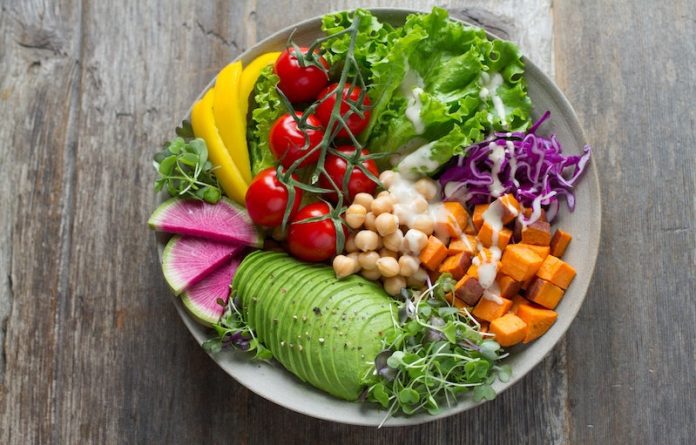
In a study from the University of Leeds, scientists found that middle-aged women with a vegetarian diet had a 33% higher risk of hip fracture compared to regular meat-eaters.
A hip fracture is a break in the upper portion of the femur (thighbone). Most hip fractures result from low-energy falls in elderly patients who have weakened or osteoporotic bone.
In these patients, even a simple twisting or tripping injury may lead to a fracture.
When a hip fracture occurs in a younger patient, it is typically the result of a high-energy event, such as a fall from a ladder or vehicle collision.
Hip fractures can be very painful. For this reason, prompt surgical treatment is recommended.
Vegetarianism is the practice of abstaining from the consumption of meat (red meat, poultry, seafood, insects, fish, and the flesh of any other animal).
Vegetarians get all the protein they need by eating a variety of plant foods throughout the day.
The risk of hip fracture in women on vegetarian diets is unclear.
In the study, researchers aimed to examine the risk of hip fracture in occasional meat-eaters, pescatarians (people who eat fish but not meat), and vegetarians compared to regular meat-eaters.
They also wanted to see if the links between each diet group and hip fracture risk are modified by body mass index (BMI).
Body mass index, or BMI, gives an indication of your body size. BMI is calculated using your weight and height (your weight divided by your height squared).
The team examined more than 26,000 UK women aged 35–69 years.
These women were classified as regular meat-eaters (≥ 5 servings/week), occasional meat-eaters (< 5 servings/week), pescatarian (ate fish but not meat), or vegetarian (ate neither meat nor fish).
During a follow-up time of 22 years, 822 hip fracture cases were reported.
The team found vegetarians but not occasional meat-eaters or pescatarians had a higher risk of hip fracture than regular meat-eaters.
There was no clear evidence of effect modification by BMI in any diet group.
The researchers conclude that vegetarian women are at a higher risk of hip fracture compared to regular meat-eaters.
They suggest that further research is needed to confirm this in men and non-European populations.
Other researchers suggest that vegetarian foods are linked to factors that are bad for bone health, such as low BMI and low intake of calcium, Vitamin D, Vitamin B12, and protein.
The research is published in the journal BMC Medicine and was conducted by James Webster et al.
Copyright © 2022 Scientific Diet. All rights reserved.








